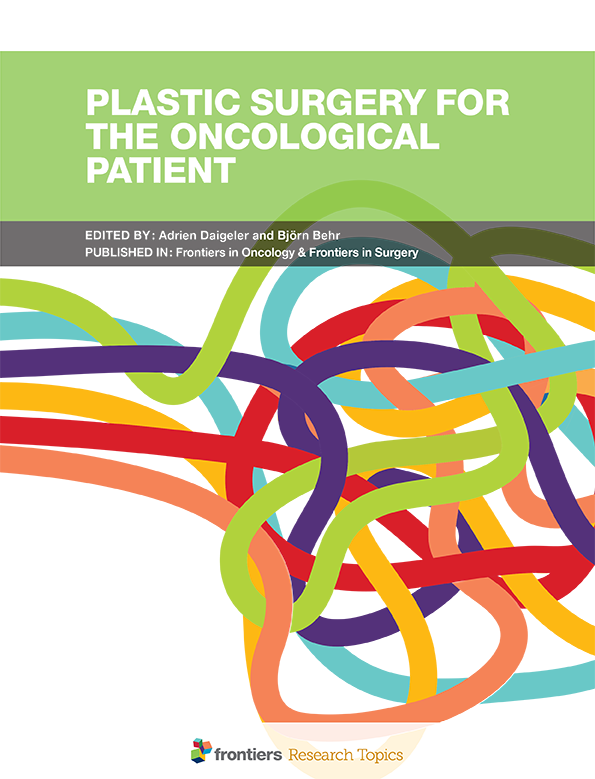Incidence of venous thromboembolism and association with PD-L1 expression in advanced non-small cell lung cancer patients treated with first-line chemo-immunotherapy
IF 3.5
3区 医学
Q2 ONCOLOGY
引用次数: 0
Abstract
BackgroundVenous thromboembolism (VTE) is a serious complication in non-small cell lung cancer (NSCLC) patients. The use of thromboprophylactic therapy is subject to an accurate assessment of the VTE risk depending on patients, tumor characteristics and type of systemic antineoplastic treatments. However, little is known concerning the risk of VTE in patients suffering from an advanced NSCLC treated with first-line chemo-immunotherapy and the impact of tumor biomarkers such as PD-L1 expression.MethodsWe performed a retrospective, observational, single-centre study in a cohort of advanced NSCLC patients treated with first-line chemo-immunotherapy. The primary endpoint was the incidence of VTE. Secondary endpoints were the cumulative incidence of VTE, the impact of PD-L1 on VTE occurrence, overall survival, the rate of VTE recurrence under anticoagulant treatment and the rate of bleeding complications.Results109 patients were included, of whom 21 (19.3%) presented a VTE event during a median follow-up of 13 months. VTE incidence at 3, 6 and 12 months was 12.1%, 15.1% and 17.5% respectively. 61% were pulmonary embolisms, 9.5% were isolated deep vein thrombosis and 14.3% were central venous catheter-related thrombosis. Our study did not show a significant impact of PD-L1 on VTE occurrence. Overall survival at 6, 12 and 24 months was 81.9%, 74.4% and 70.3% respectively. Four patients developed a recurrent VTE under anticoagulation therapy 3 to 5 months after the first VTE event. One patient suffered from a major bleeding complication while under anticoagulation therapy, leading to death.ConclusionVTE is a common complication in advanced NSCLC patients treated with concomitant chemo-immunotherapy. In our study, 19.3% of patients developed a VTE during a median follow-up of 13 months. PD-L1 did not appear to be associated with VTE occurrence. We recorded high VTE recurrence rates despite anticoagulant treatment. Further investigations are needed to determine if high PD-L1 expression is associated with VTE.接受一线化疗免疫疗法的晚期非小细胞肺癌患者的静脉血栓栓塞发病率及其与 PD-L1 表达的关系
背景静脉血栓栓塞(VTE)是非小细胞肺癌(NSCLC)患者的一种严重并发症。根据患者、肿瘤特征和全身抗肿瘤治疗的类型,使用血栓预防疗法需要对 VTE 风险进行准确评估。然而,人们对接受一线化疗免疫疗法的晚期 NSCLC 患者的 VTE 风险以及 PD-L1 表达等肿瘤生物标志物的影响知之甚少。主要终点是VTE的发生率。次要终点为VTE累积发生率、PD-L1对VTE发生的影响、总生存率、抗凝治疗下VTE复发率和出血并发症发生率。结果 共纳入109例患者,其中21例(19.3%)在中位随访13个月期间出现VTE事件。3、6 和 12 个月的 VTE 发生率分别为 12.1%、15.1% 和 17.5%。61%为肺栓塞,9.5%为孤立性深静脉血栓,14.3%为中心静脉导管相关血栓。我们的研究并未显示PD-L1对VTE发生率有明显影响。6、12和24个月的总生存率分别为81.9%、74.4%和70.3%。四名患者在首次发生 VTE 事件 3 至 5 个月后接受抗凝治疗,再次发生 VTE。结论VTE是晚期NSCLC患者同时接受化疗和免疫治疗的常见并发症。在我们的研究中,19.3%的患者在中位随访13个月期间发生了VTE。PD-L1 似乎与 VTE 的发生无关。尽管进行了抗凝治疗,我们仍记录到较高的 VTE 复发率。要确定 PD-L1 的高表达是否与 VTE 相关,还需要进一步的研究。
本文章由计算机程序翻译,如有差异,请以英文原文为准。
求助全文
约1分钟内获得全文
求助全文
来源期刊

Frontiers in Oncology
Biochemistry, Genetics and Molecular Biology-Cancer Research
CiteScore
6.20
自引率
10.60%
发文量
6641
审稿时长
14 weeks
期刊介绍:
Cancer Imaging and Diagnosis is dedicated to the publication of results from clinical and research studies applied to cancer diagnosis and treatment. The section aims to publish studies from the entire field of cancer imaging: results from routine use of clinical imaging in both radiology and nuclear medicine, results from clinical trials, experimental molecular imaging in humans and small animals, research on new contrast agents in CT, MRI, ultrasound, publication of new technical applications and processing algorithms to improve the standardization of quantitative imaging and image guided interventions for the diagnosis and treatment of cancer.
 求助内容:
求助内容: 应助结果提醒方式:
应助结果提醒方式:


